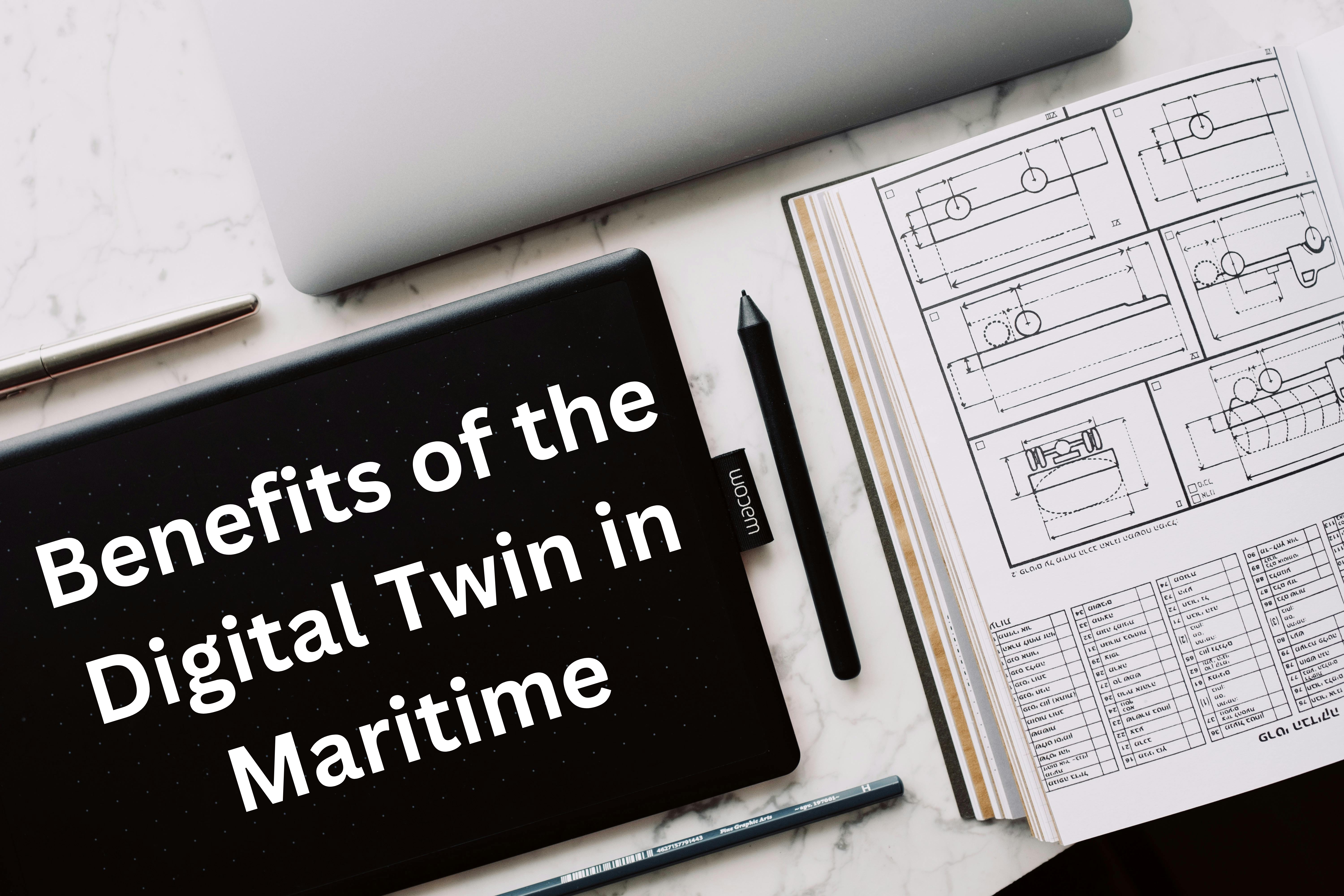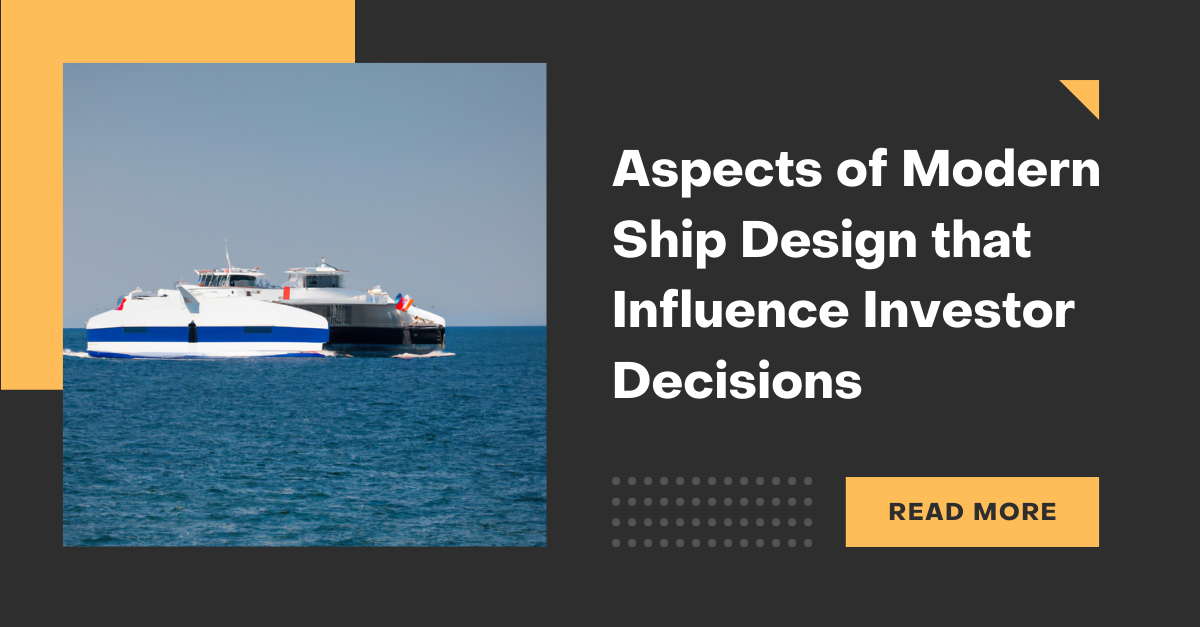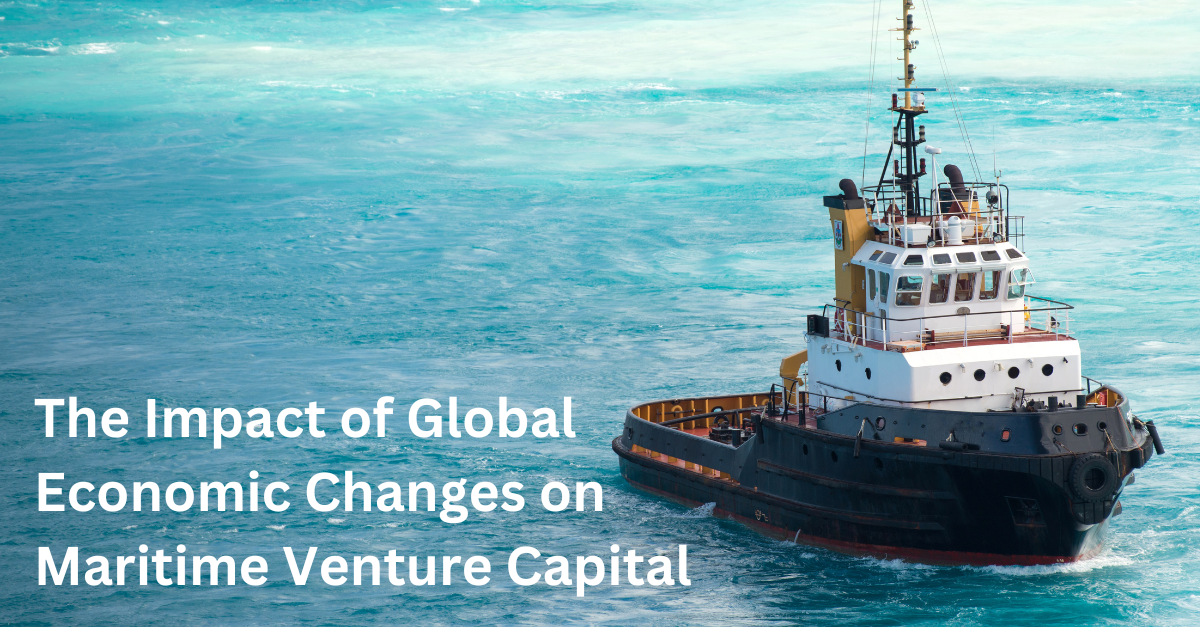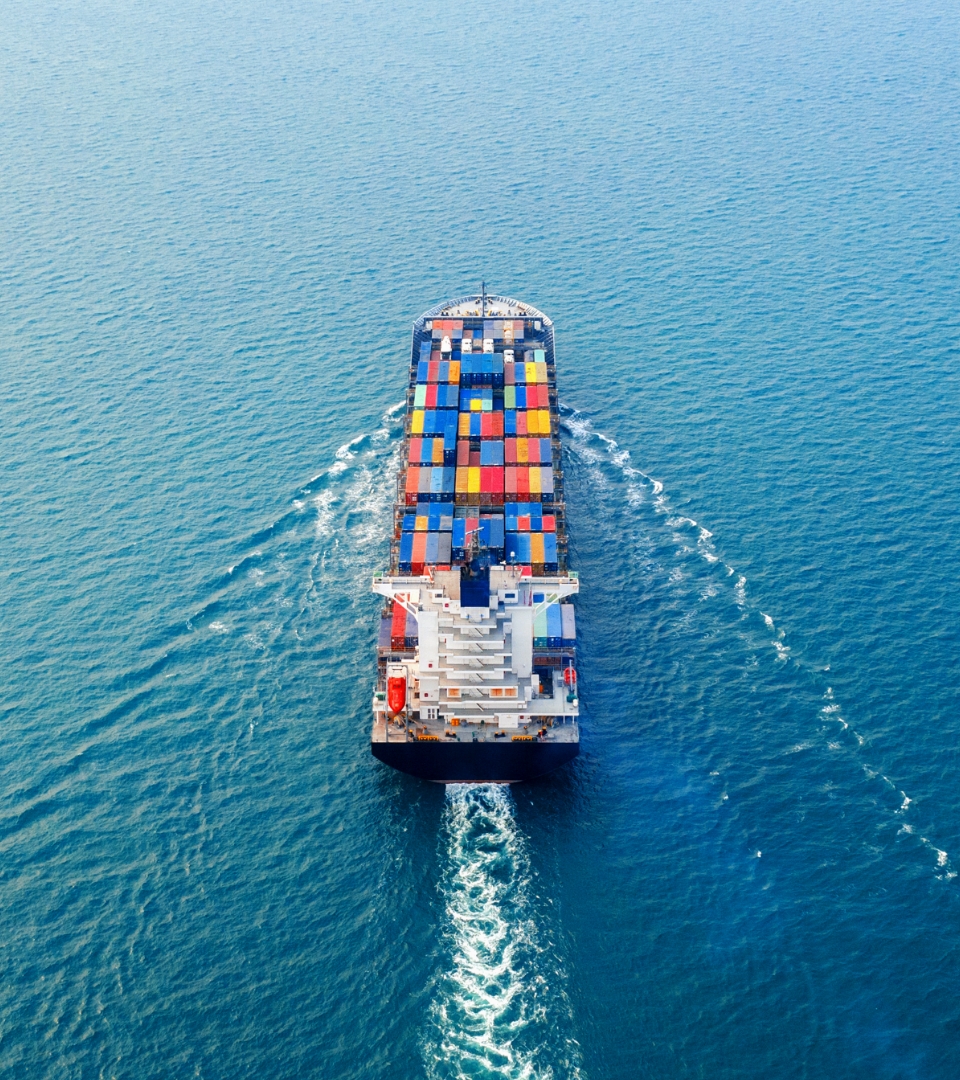The maritime industry, a critical backbone of global trade and transportation, is continuously evolving. As we set sail into 2024, it’s essential to keep an eye on the horizon for emerging trends that will shape the future of maritime operations. Let’s explore three pivotal trends that are set to shape the maritime industry in 2024 – Satellite Connectivity at Sea, Maritime Robotics, and Cybersecurity Measures.
Satellite Connectivity at Sea
Thanks to the increasing integration of satellite connectivity at sea, the maritime industry has witnessed a paradigm shift in the way vessels communicate and operate. There is a dire need for real-time data, improved navigation, and enhanced communication capabilities on the high seas.
One notable example of this trend in action is the partnership between maritime satellite communication providers and shipping companies to enable seamless connectivity for vessels, regardless of their location.
For example, Inmarsat recently collaborated with Maersk to enhance connectivity solutions for Maersk’s extensive fleet of container ships. It provided its cutting-edge Fleet Xpress service, which combines high-speed broadband connectivity with a reliable global satellite network. This solution allowed Maersk vessels to maintain continuous communication, access critical data, and optimize operational efficiency regardless of their location on the open seas.
Maritime Robotics
Automation and robotics have become integral to various industries, and the maritime sector is no exception. The rise of maritime robotics is transforming traditional operations, enhancing efficiency, and mitigating risks associated with human error.
A noteworthy example of this maritime revolution is the Yara Birkeland, an autonomous container ship unveiled by Yara International. This groundbreaking vessel embarked on its maiden voyage, marking a significant milestone in the autonomous shipping landscape. The Yara Birkeland serves as a pioneering example, demonstrating the practical implications of autonomous maritime transportation.
Equipped with state-of-the-art sensor arrays, cameras, and advanced navigation systems, the ship successfully navigated complex sea routes, emphasising the reliability and precision of maritime robotics. The vessel’s performance underscored the feasibility of reducing operational costs, optimizing fuel consumption, and curbing carbon emissions through the implementation of autonomous technologies.
Looking ahead to 2024, the maritime industry anticipates a surge in the adoption of autonomous vessels, with a diverse array of applications ranging from cargo transport to research and surveillance.
Cybersecurity Measures
As the maritime industry becomes more digitally connected, the importance of robust cybersecurity measures cannot be overstated. In fact, a report by maritime cyber security company CyberOwl last year revealed that the average cyberattack in the maritime industry may cost the target organisation US$550,000 and showed that ransom demands have increased by more than 350%.
Taking the Nagoya Port Ransomware Attack as an example, it completely disrupted container operations across all terminals within the port. The cyberattack that happened July 2023 brought the port operations to a halt and prevented the facility from processing import and export operations. The port’s operator, Yokohama Kawasaki International Port Corporation (YKIP), responded by shutting down their network to prevent further damage and spread of the ransomware and launched an investigation into the incident.
The rising threat of cyber-attacks poses a significant risk to vessel operations, navigation systems, and sensitive data. Hence, maritime stakeholders are expected to prioritise cybersecurity initiatives to safeguard against potential breaches and disruptions.

From environmental sustainability to multi-functionality, we take a look at the different aspects of modern ship design that will influence investor decisions. […]

From environmental sustainability to multi-functionality, we take a look at the different aspects of modern ship design that will influence investor decisions. […]

It is with deep sadness that Transport Capital announces the passing of our dear colleague and friend, Oliver Faak. […]

As the world grapples with economic shifts, the maritime venture capital landscape is also undergoing transformations. As understanding and adapting to these changes are imperative for capitalising on emerging opportunities, let’s delve into three key talking points that underscore the profound impact of global economic changes on maritime venture capital. Trade Dynamics and Maritime Investments […]




